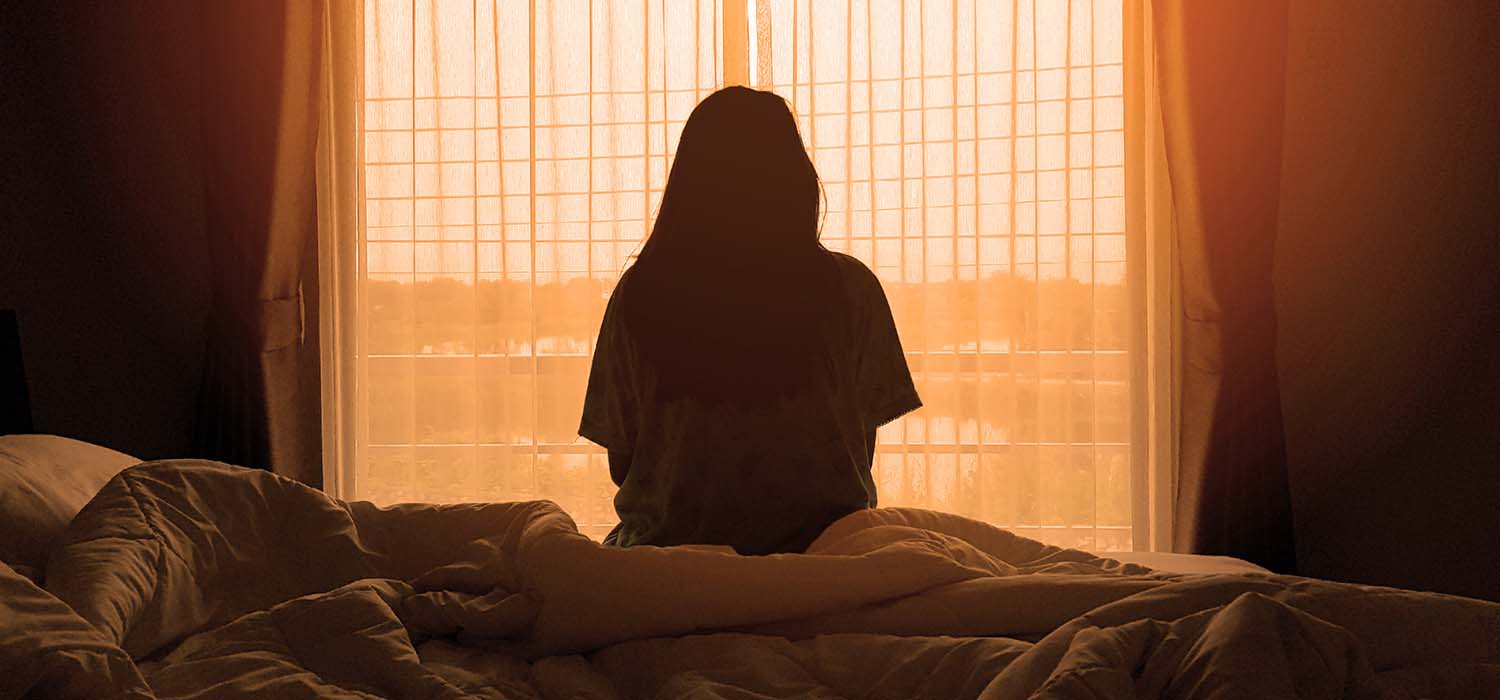Alcohol has long been linked to family violence and can increase the frequency and severity of family violence instances.
Kym Valentine is an experienced television and theatre actor and a member of the Victim Survivors’ Advisory Council (VSAC), which advises the Victorian Government on family violence policy and the implementation of the Royal Commission into Family Violence recommendations.
In 2021, the Victorian Government released its planned changes to the Liquor Control Reform Act 1998. The Bill had been introduced to Parliament five years after the Royal Commission into Family Violence recommended that the Government ensure the terms of reference of the review into the Act consider family violence and alcohol-related harms, and that the review consult with advocates and community organisations with expertise in alcohol-related family violence.
Community health and family violence advocates expressed their disappointment with the amendments indicating they did not go far enough to help prevent family violence – with some of these changes having the potential to increase alcohol supply into Victorian homes.
Kym and other advocates called upon the Victorian Government to immediately engage with advocates and community organisations to ensure the Act contributes to the prevention of family violence and to implement measures that will control the increasing supply of takeaway and delivered alcohol, to help keep families and communities safe from family violence.
As an advocate with her own experience of family violence, Kym shares her reflections.
The crackle and squeak of car tyres pulling up. Lights piercing through the front window. The sound of footsteps coming towards the door. However innocent this description of home alcohol delivery may sound, it sends shivers down the spines of victims of domestic violence living with an alcoholic.
When you live with an alcoholic, it’s like sharing a household with two different people – only the time spent with the better version is punctuated by anxiety in the expectation that things could take a pernicious turn at any point when the next case of beer arrives. A phone call to the police is never far away.
An alcoholic’s journey to domestic abuse can be slow and insidious. The abuser is often a skilled manipulator – adept at making a rational argument to justify a six-pack here, a bottle of wine there.
Before the pandemic, 80 per cent of alcohol sold in Australia was takeaway and delivery, a figure which rose sharply as a result of lockdowns last year. Australia recorded its highest month in history for alcohol retail turnover in December 2020, an astounding $2 billion.
This is a truly chilling thought for those who have to deal with the consequences at home.
A fire cannot be started by kerosene alone, it needs a match. But when fuel is added, it burns more intensely. The same is true of the relationship between domestic violence and alcohol.
In the 24-hour, app-enabled economies in which we now live, alcohol can flow freely into homes at any hour after a few taps on the phone, fuelling erratic and violent outbursts in already abusive homes.
When you try to set boundaries, the domestic abuser frames your actions as unreasonable. They occupy the role of the victim and propel their suffering onto you.
When you’re still in love with that person and share a family with them, it’s hard not to fall into a trap. You just try to treat the symptoms rather than cure the disease in the hope you can survive to a point where things change.
But change never comes. The cycle is inescapable. Children suffer in this environment when they have to go without basics because money is prioritised to satisfy an irrepressible drinking habit.
I dread to think how terrifying an ordeal it must have been for people forced into lockdown with their abusers last year. Time is no saviour when alcohol is accessible through night and day.
That alcohol was deemed a lockdown “essential,” while parents couldn’t pick up school stationery supplies for their children, was both a shameful and farcical indictment of this country’s relationship with the bottle. I told my daughter “we’ll just have to make do” for her art assignment.
We cannot go on in the current trajectory where alcohol companies operate in a largely unregulated advertising and home delivery market.
I’m old enough to remember when tobacco advertising was banned. I highly doubt anyone mourns its loss today, yet here we are applauding alcohol advertising because it’s perceived as playful and creative, feeding our sense of national identity in celebrating the Aussie larrikin.
We must ask ourselves – are elevated levels of domestic abuse an acceptable tradeoff for allowing alcohol companies to aggressively promote rapid booze delivery into homes late at night?
The Victorian state government is currently conducting a review of the Liquor Control Reform Act 1998, which is expected to conclude this year.
I hope the government shows empathy to families left shattered by family violence by curbing the amount of alcohol flowing freely into the homes of Victorians. Setting basic standards for alcohol advertising and delivery will keep families safer from harm.
Alcohol-fuelled domestic violence is a hidden harm, yet the remedies are in clear sight. We just need strong leadership to implement them and to send the message that safe and healthy family life comes before profits.
Kym Valentine is a member of Victoria’s Victim Survivors’ Advisory Council, informing government policy based on her lived experience of family violence. She is a mother of two children and an experienced television and theatre actor.
For domestic and family violence counselling and information call 1800RESPECT on 1800 737732.
For confidential advice about alcohol and other drugs, call the National Alcohol and Other Drug hotline on 1800 250 015.
This article was first published by the Sydney Morning Herald, 13 June 2021.







